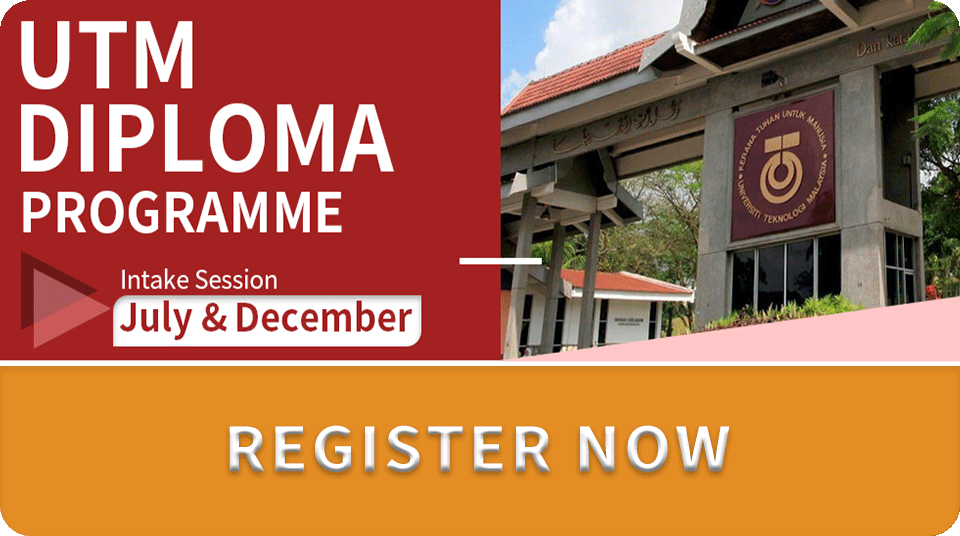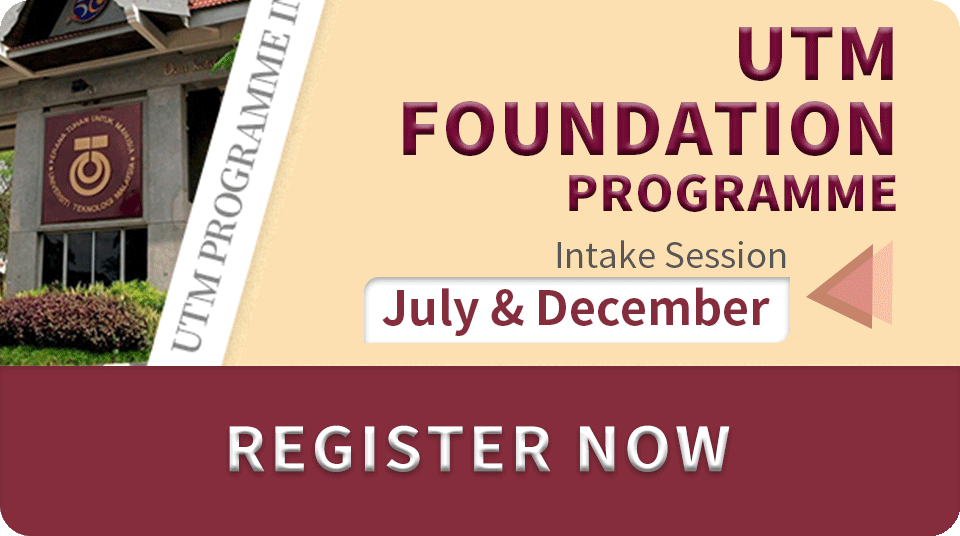Bachelor of Mechanical Engineering with Honours
To produce graduates who are able to:
(i) demonstrate their academic and technological excellence professionally and globally, particularly in areas
related to mechanical engineering practices and contribute innovatively to the nation’s wealth creation.
(ii) advance their careers by assuming increasing levels of responsibility, leadership and acquiring professional
and advanced academic qualifications.
(iii) recognize and practice professional, ethical, environmental and societal responsibilities and value different
global and cultural aspects of their work and society.
(iv) adapt and communicate effectively and be successful working with multi disciplinary teams
Career as a Mechanical Engineer
The career of a Mechanical Engineer involves the efficient application of physical and human resources in improving the standard of living. A Mechanical Engineer combines the basic knowledge of physical sciences and engineering education with experience and expertise to invent, run, and maintain mechanical equipments and systems in industries. A Mechanical Engineer also designs machine components for the production system of a particular product.
Graduates in this area are capable of fulfilling the task of a technologist in the government, semi-government, and private firms. Graduates will be able to find job opportunities in various sectors such as manufacturing, processing, design, and research. A Mechanical Engineer may further his career as a designer (consulting firm), as a building contractor as a manufacturer of machines or engineering products, as a researcher in Research and Development (R&D) departments or Institutes or as an academician in Institutes of Higher Learning.
Program Structure
- Year 1

Year 2

- Year 3

Year 4

- Elective Courses
Students may take up any FOUR (4) of the following elective courses (for SKMX 4xx3) in any area of study
subject to them being offered in the respective semesters.

Fundamental Mechanical Engineering subjects make up the core of the engineering studies at the Faculty of Mechanical Engineering. Students pursuing specialisation in a particular field shall take additional elective subjects. The fundamental subjects offered are:
a) Applied Mechanics
Applied Mechanics is a field of science which studies a stationary body or the motion of a body when subjected to external forces. This field can be divided into three areas:
– Mechanics of Material and Structure – Mechanics of Machine – Control and instrumentation
The above sub-field subjects are essential knowledge that is required by the Mechanical, Aeronautical, Automotive, Marine, Production, and Industrial Engineers. Examples of the elective subjects in Applied Mechanics are:-
– Mechanics of Composite Materials, – Component Failure Analysis, Machine Monitoring, – Robotics
b) Thermodynamics
Thermodynamics is taught at two levels – basic and applied. In the basic level, focus is given to the understanding of the concept of system, heat, work as well as material properties in relation to heat and work, and their influence on a particular thermodynamic system. The second level involves application of theories based on thermodynamic laws in studying and analysing primary devices. Focus is on methods of generating heat and power, minimisation of fuel usage, efficiency, and other parameters. Thermodynamics is an important field, very much needed in several industrial sectors such as power generation, petrochemistry, automotive and building maintenance. It is a subject which is directly involved in power generation/energy savings, different engine designs, and the supporting systems with high capability and cost effectiveness. Examples of elective supplementary subjects in Thermodynamics are:
– Energy Utilisation – Internal Combustion Engine
– Air Conditioning – Heat Transfer
– Power Plant Technologyc) Fluid Mechanics
It is a field of study which concerns with: fluid properties, surface hydrostatic force (example : dam gate, reservoir, pressure and flow measurement, piping system design, potential flow and boundary layer) to determine flow type and resulting force, pumps, and turbines. The principles applied include Newton’s law, thermodynamic laws and basic knowledge in Mathematics (such as integration, differentiation and standard mathematical operations). The scope of study is based on its application in the engineering field. Examples of elective subjects :
– Turbo-Machinery
– Hydraulic and Pneumatic Systems
– Computational Fluid Dynamics (CFD)d) Machine Design
Machine Design starts with Engineering Drawing, a method for engineering communication. It continues with Machine Component Design, utilising knowledge obtained from studies in Engineering Mechanics and Materials. The combination of Machine Design and Industrial Design can produce a modified or new design that satisfies the consumers’ need, is easy to use and looks attractive.
e) System Design
System Design, through creativity, combines the knowledge of Science, Mathematics, Engineering, Design, and Technology as well as the social aspect for the best solution to a problem. Theories that have been learnt will be used to produce a product or machinery design. This subject will provide the information, method, and training to an undergraduate in the understanding and implementation of a design process taking into consideration the physical, technological, manufacturing, cost factor as well as the social environment.
f) Material Science and Materials Technology
This subject is important to the engineer because it provides the basic knowledge on engineering materials such as metals, polymers, ceramics and composites so that proper materials can be selected for a particular design or product. This subject relates the structure to the properties of materials so that the behaviour of materials can be better understood.

